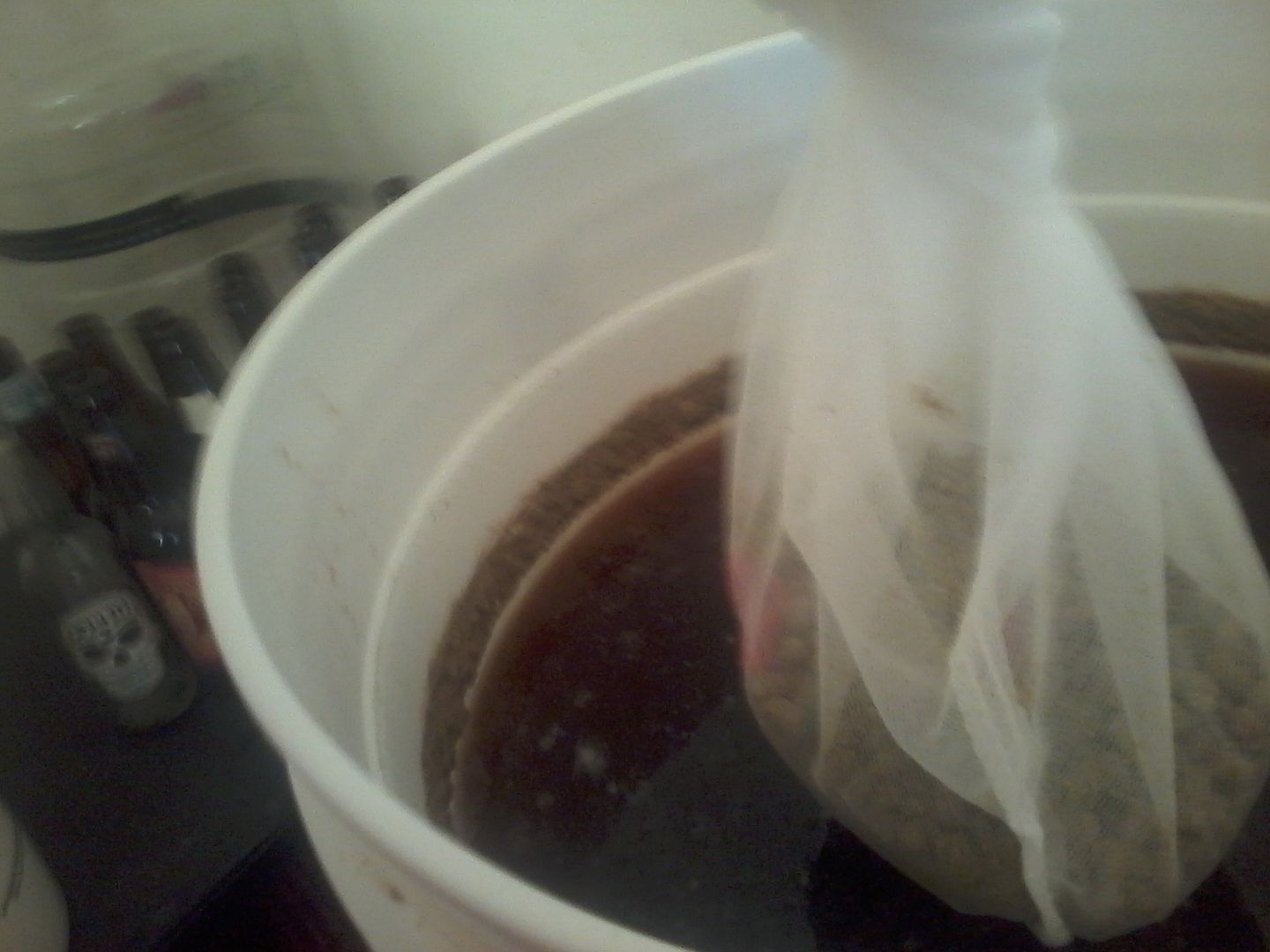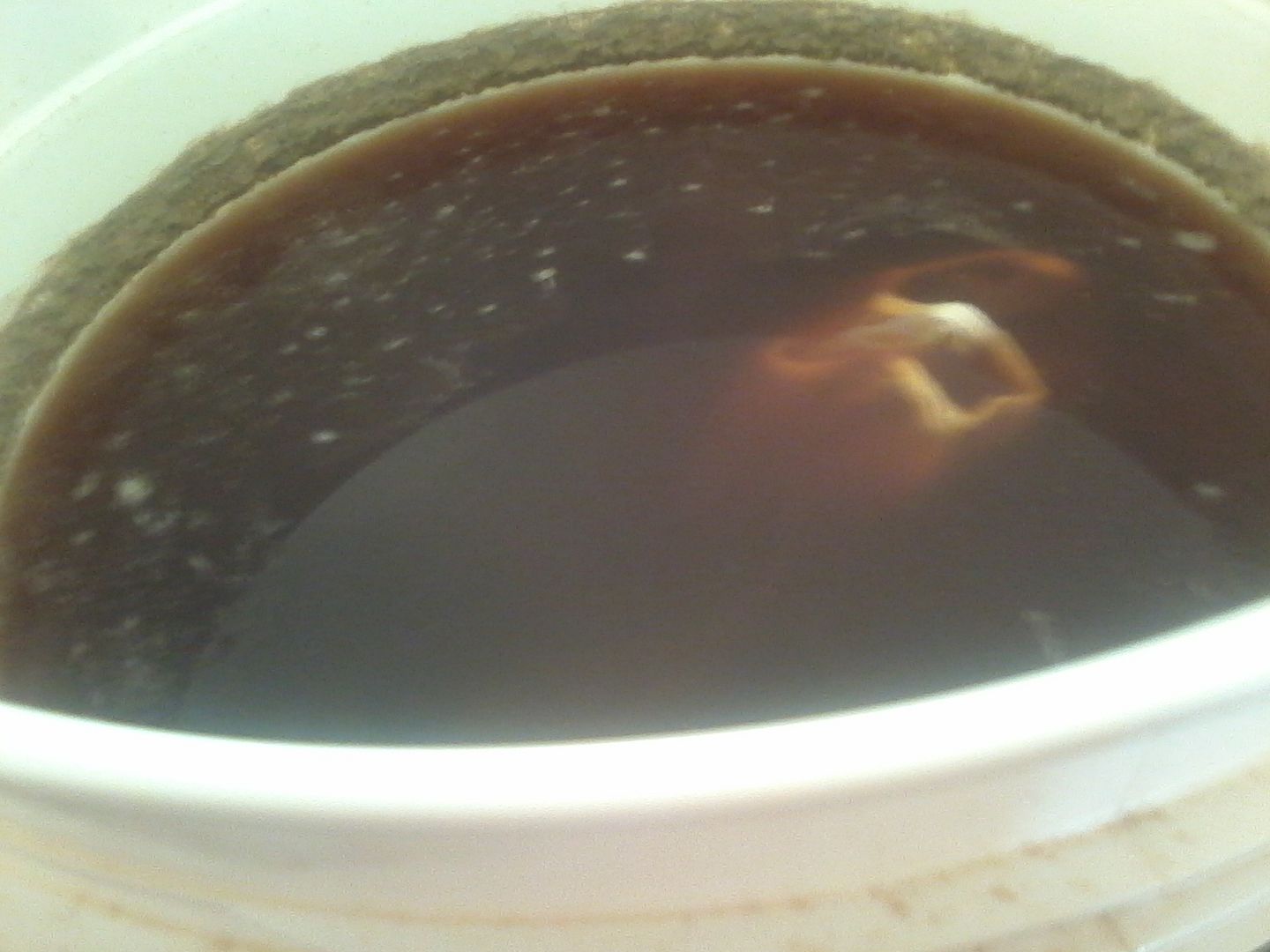Hey there brewers!
I was thinking a lot about this, I sanitize all equipment and fermentor, wait untill worth it is cooled down, and then pour some yeast. But, yeast is not sanitized, it may contain some bacteria? Also, if I add hops to fermentation and other ingridients, they to contain some bacteria?
So is it possible to ruin beer quality?
Best regards!
I was thinking a lot about this, I sanitize all equipment and fermentor, wait untill worth it is cooled down, and then pour some yeast. But, yeast is not sanitized, it may contain some bacteria? Also, if I add hops to fermentation and other ingridients, they to contain some bacteria?
So is it possible to ruin beer quality?
Best regards!







































![Craft A Brew - Safale S-04 Dry Yeast - Fermentis - English Ale Dry Yeast - For English and American Ales and Hard Apple Ciders - Ingredients for Home Brewing - Beer Making Supplies - [1 Pack]](https://m.media-amazon.com/images/I/41fVGNh6JfL._SL500_.jpg)




















